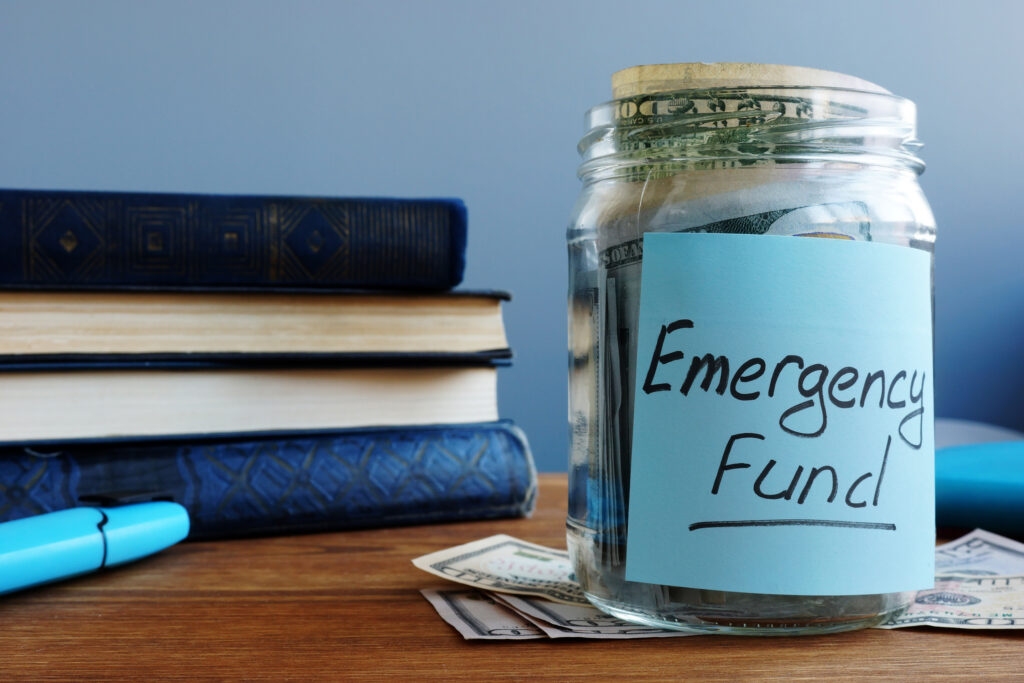
Article by: Elizabeth Ingram
Vice President of People Strategy, CU Insurance Solutions
For me, this year’s pandemic reminded me of the importance of an emergency fund. I know that there are scads of suggestions of how much to save and how because I’ve read them. I also know that storing 3 to 6 or even 12 months of savings in an easily (but not too easily) accessed account is not practical with childcare costs, debt repayments, and just life. I direct a portion of my income into savings each pay period, but honestly, that savings isn’t just for emergencies, it’s for home maintenance and sometimes presents even as we seek to grow it. Knowing that we didn’t have the suggested emergency savings in the midst of a pandemic freaked me out.
But just last month I realized something; in my worst-case scenario where both my husband & I lost our jobs, we wouldn’t just use an emergency savings account, we’d use everything to take care of our family. I realize that there are many other worst-case scenarios out there, but I cross my fingers and pray that insurance covers most of them; I know it won’t pay the bills if our jobs are gone.
If our jobs were gone, we wouldn’t be paying for childcare thus cutting our biggest expense from our budget. We would be paying a lot more for insurance, thus increasing our budget anyway. But we wouldn’t just use our savings account, we could use the money in our HSA account for the COBRA expenses. We could apply for unemployment benefits. If we absolutely had to, we could pull money from our investment account, the contributions previously made to my Roth IRA, the cash value from our whole life insurance. None of these options are ideal but knowing that there is a little more money available in case of my worst-case helps me sleep at night.
In an emergency, all of your money is an emergency fund. So, figure out where that money is and give yourself a little grace if what you have isn’t as much as you think it should be. I know you’re trying.